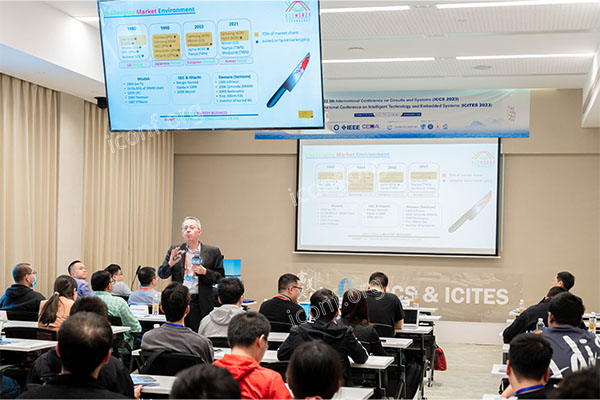Are Conference Papers the Same as Academic Journal Articles?
In academic publishing, two of the most common platforms for disseminating research are conference proceedings and academic journals. While both are valuable to the scholarly community, they are not the same and serve different purposes. Understanding the distinction is crucial for students, researchers, and professionals.

Conference papers are typically shorter, less comprehensive, and presented at a specific event. The primary goal is to share preliminary results or new ideas with peers for discussion and feedback. Academic journals, on the other hand, involve more rigorous peer review and often require a deeper, more complete exploration of a research topic.
Length and Depth:
Journal articles are usually longer and include more data, in-depth analysis, and extended discussion. Conference papers often focus on core concepts or early results.
Review Process:
Journal articles typically go through a double-blind peer-review process that may take several months. Conference papers are reviewed by a program committee and are usually evaluated more quickly, often with less in-depth scrutiny.
Publication Venue:
Academic journals are regularly published periodicals, either quarterly, biannually, or monthly. Conference papers are published in proceedings volumes, which are often tied to a specific event and published only once.
No — conference papers are not considered academic journals. While they may be published in reputable proceedings and even indexed in databases like IEEE Xplore or Scopus, they are still categorized separately from journal publications. Listing a conference paper as a journal article on a CV or academic portfolio would be misleading unless it has been extended and accepted by a peer-reviewed journal.
Despite not being journal articles, conference papers play an essential role in academic development. They allow researchers to share their work earlier, receive feedback, and establish visibility in their fields. In disciplines such as computer science and engineering, some top-tier conferences are highly prestigious and can be as influential as journals.
Conference papers are valuable but distinct from academic journals. Each serves its own purpose within the academic ecosystem. For comprehensive research dissemination, many authors use conferences to present initial findings and then publish refined, expanded versions in academic journals.
To find top-quality academic conferences and improve your publishing strategy, visit iconf.org — your guide to global academic opportunities.